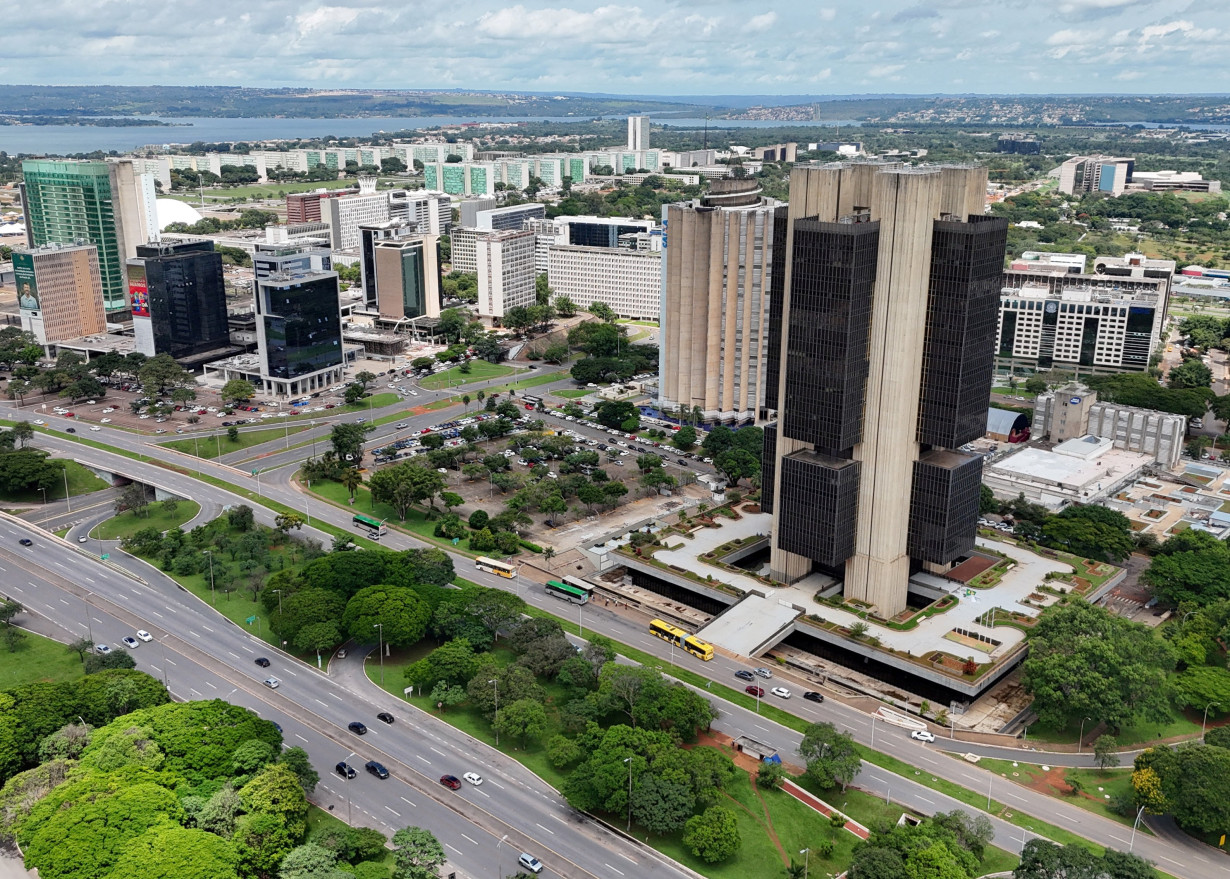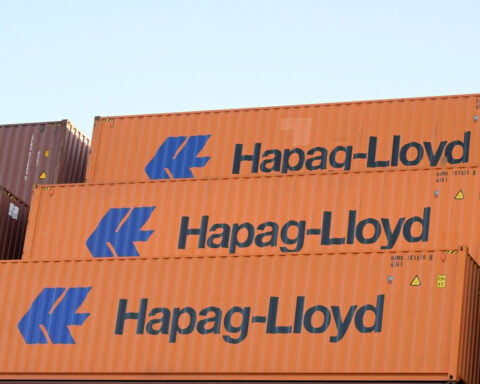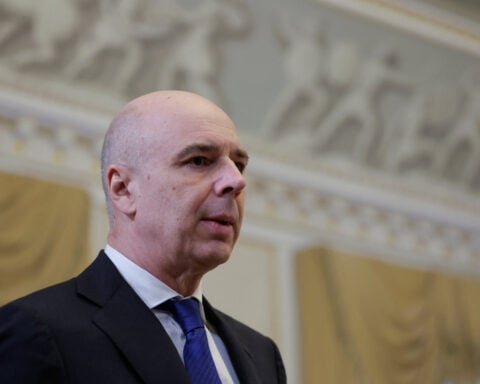BRASILIA (Reuters) - Brazilian central bank executive director Rogerio Lucca said on Monday that unclogging the transmission channels of monetary policy is a potential challenge, highlighting that some credit lines exhibit limited sensitivity to interest rate changes.
Speaking during a central bank-hosted livestream, Lucca said this is due to subsidies and earmarked credit, ultimately forcing policymakers to make larger interest rate adjustments to achieve their desired effect.
Earmarked credit lines make up 42% of all bank lending in Latin America's largest economy.
Those credit lines are regulated by the National Monetary Council or tied to budget resources, mainly for medium- and long-term housing, rural, and infrastructure financing, and do not have interest rates freely determined by financial institutions, as they must adhere to parameters set by the government.
This means credit costs in these segments are influenced by government decisions, making them less responsive to central bank efforts to cool the economy.
"Unclogging monetary policy channels is a potential challenge for us," said Lucca.
In the minutes of its latest policy meeting, after a 100 basis-point rate hike that raised the Selic rate to 14.25%, the central bank stressed the importance of keeping monetary policy channels clear and effective.
Improving credit quality is key to enhancing the effectiveness of monetary policy, said Lucca.
"A lot of this depends on being able to use your assets, your property, as collateral for credit operations," he added.
Lucca also noted that the central bank is in talks with the government and market participants to explore alternative sources of funding for real estate lending, which currently relies heavily on savings accounts.
While he did not disclose the options under discussion, Lucca said that Brazilians have increasingly favored other types of investments over savings accounts, weakening the funding base for real estate credit.
In the first quarter, savings accounts saw net outflows of 45.7 billion reais ($7.81 billion), according to central bank data. The accounts have posted annual net withdrawals in each of the last four years.
($1 = 5.8523 reais)
(Reporting by Marcela Ayres; Editing by Anthony Esposito and Aurora Ellis)

 Trump has begun another trade war. Here's a timeline of how we got here
Trump has begun another trade war. Here's a timeline of how we got here
 Canada's leader laments lost friendship with US in town that sheltered stranded Americans after 9/11
Canada's leader laments lost friendship with US in town that sheltered stranded Americans after 9/11
 Chinese EV giant BYD's fourth-quarter profit leaps 73%
Chinese EV giant BYD's fourth-quarter profit leaps 73%
 You're an American in another land? Prepare to talk about the why and how of Trump 2.0
You're an American in another land? Prepare to talk about the why and how of Trump 2.0
 Chalk talk: Star power, top teams and No. 5 seeds headline the women's March Madness Sweet 16
Chalk talk: Star power, top teams and No. 5 seeds headline the women's March Madness Sweet 16
 Purdue returns to Sweet 16 with 76-62 win over McNeese in March Madness
Purdue returns to Sweet 16 with 76-62 win over McNeese in March Madness








